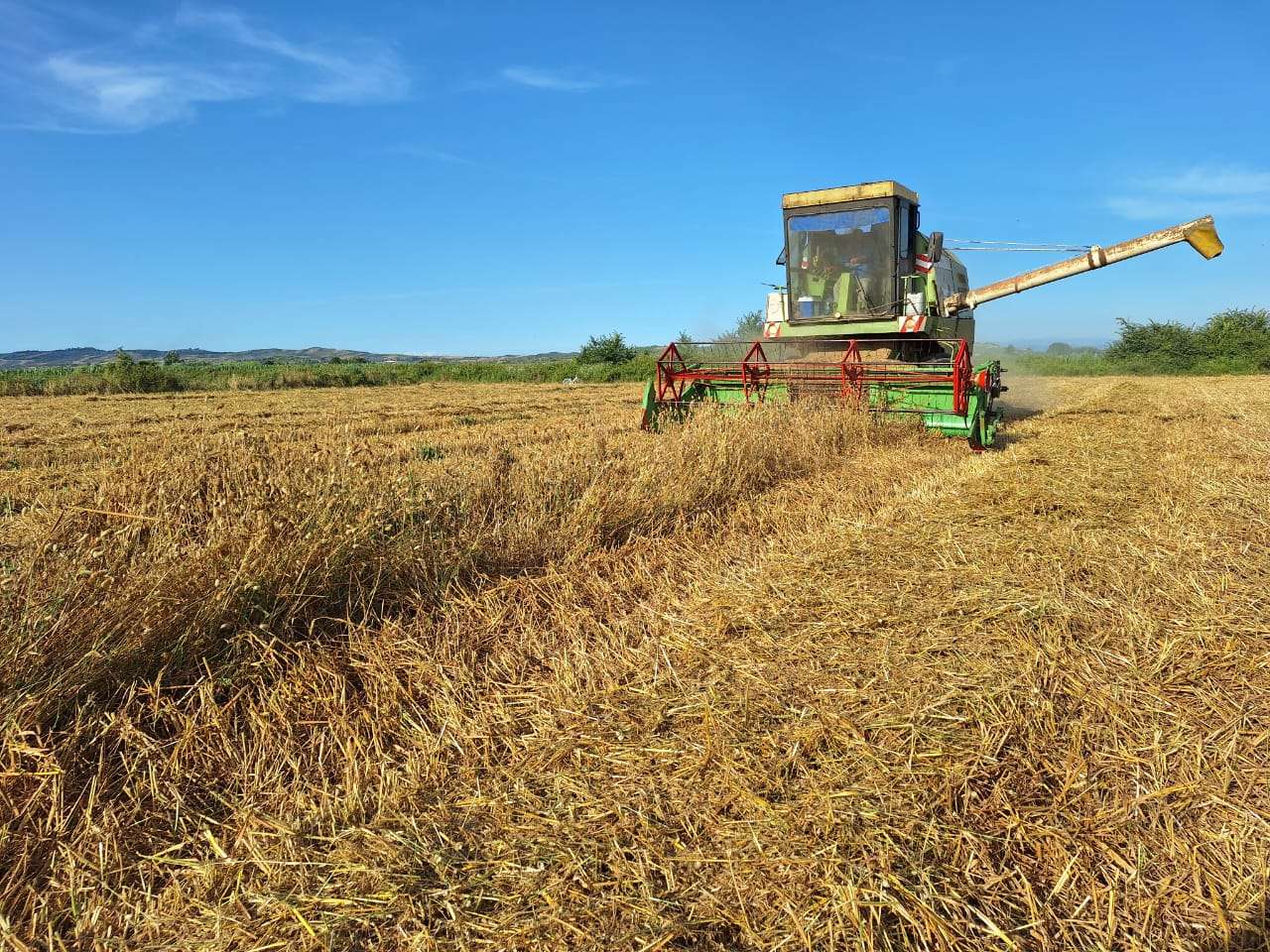As Albania continues to explore pathways toward inclusive and sustainable development, a new attention is now oriented on the role of the Social and Solidarity Economy (SSE). With its core values of cooperation, inclusion, participatory governance, and solidarity, SSE offers strategic answers to many of the country’s prevalent rural challenges, such as lower work opportunities, poverty, unemployment, outmigration and depopulation. Recent focus groups organized within the framework of the CREASSE project, bringing together representatives of social enterprises, NGOs, support organizations, national and local institutions, and aspiring entrepreneurs, have shed light both on the obstacles and the unexploited potential of SSE in the country, especially in creating job opportunities, promoting local entrepreneurship, empowering women, enabling professional and personal development and leveraging tourism for sustainable rural development.
SE Exists – But Without Recognition
Throughout Albania, various forms of social and solidarity initiatives such as associations & foundations (NGOs), cooperatives, and social enterprises are actively contributing to the values that define the SSE. Yet, these actors often operate without being recognized by the public or formally identified and supported by institutions as part of a unified SSE ecosystem. This lack of recognition stems largely from limited awareness of the SSE concept itself, and the absence of a clear and inclusive strategic and legal framework on SSE.
Social enterprises are the most widely acknowledged form of SSE in Albania. They are limited by a narrow legal framework that only permits non-profits to gain official status, excluding for-profit social businesses and other SE aligned initiatives.
Cooperatives, once pillars of rural economic life, still suffer from the stigma of their communist-era legacy. The lack of public awareness, up-to-date information, public visibility, and institutional support hinders their revitalization.
As a result, many promising initiatives struggle to scale their impact, and the full potential of the SSE to drive inclusive economic and social development remains largely untapped.
The Need for Legal and Institutional Frameworks
Albania’s Law 65/2016 on Social Enterprises presents several challenges and fails to effectively encourage social entrepreneurship in the country. Unlocking the full potential of SSE’s in Albania, however, requires more than acknowledgment, it demands systemic integration. A comprehensive legal framework is essential, one that recognises SSE as a sector itself, embraces all relevant SSE forms and supports their development through targeted incentives, financial tools, and capacity-building programs.
Institutional partnerships are also crucial. Public institutions must move beyond symbolic recognition and foster genuine collaboration, incorporating SSE actors into long-term plans for service delivery. They should also provide financial support through public funding to enable SSEs to offer essential services, and prioritize them in social procurement processes, thereby driving local development.
Local government units, particularly in rural areas, are often under-resourced and lack clarity on their role in fostering SSE. Municipalities need training on SSE concepts and guidance on how to identify and support SSE initiatives. Without this, promising initiatives remain invisible and disconnected from policymaking.
Knowledge Is Power – Education and Capacity Building
The knowledge gap is another barrier to the growth of Social and Solidarity Economy in Albania. While the awareness among ecosystem stakeholders and community is gradually increasing, the concepts of SSE are still poorly grasped and widely unfamiliar. Many institutional actors and aspiring social entrepreneurs lack a clear understanding of what defines a social enterprise and how they operate.
Therefore, integrating SSE into educational curricula and vocational programs could foster a new generation of socially minded entrepreneurs with the knowledge and skills to establish successful ventures. CREASSE is already contributing to this shift by raising awareness and equipping communities with practical knowledge to implement SSE principles effectively.
Also, many entrepreneurs are unfamiliar with sustainable business models, relying heavily on donor funding. While grants have played a key role in launching initiatives, dependency on them is unsustainable. Focus group participants expressed a strong need for training and continuous mentorship in business planning, marketing, and financial management, skills vital to building resilient SSE initiatives.
SSE Potential in Tourism and for Women’s Empowerment
SSE initiatives in Albania operate across various sectors, including tourism, which is currently one of the country’s priority areas, and holds significant development potential. Albania’s rich heritage, natural landscapes, and traditional crafts can support community-based tourism models that generate income while preserving cultural identity. However, success in this sector requires targeted investment in infrastructure in rural areas, effective marketing strategies, and sustainability-focused training for entrepreneurs.
SSE offers a unique avenue for women’s empowerment, another vital component of rural revitalization. The discussions of the focus group highlighted the persistent challenges rural women are facing such as limited access to information, traditional and restrictive mentality, and lack of supportive services that support their social and economic integration. To foster the growth of SSEs led by women in these regions, it is crucial to offer targeted support through mentorship programs, gender-sensitive financial tools, inclusive governance platforms, and supportive infrastructure that provides the necessary facilities and services to enable women’s participation.
The Way Froward
The Focus Groups made it clear: Albania SSE Ecosystem is ready to evolve, but it needs recognition, support and opportunities to connect. To harness the full potential of the Social and Solidarity Economy, Albania must develop inclusive policies and legal framework for SSE, integrate its concepts into education, invest in tailored capacity building, provide financial support and foster cross sector collaboration. Given the potential of the Social and Solidarity Economy to advance development in rural areas, it is crucial to focus on improving infrastructure, strengthening the capacities of local institutions, shifting traditional mindsets, particularly around gender roles, implementing inclusive programs, and providing targeted support to facilitate women’s economic integration.
With the right enabling environment, SSE can become a foundation of rural resilience, inclusion, and prosperity. Now is the time to move from potential to action.





